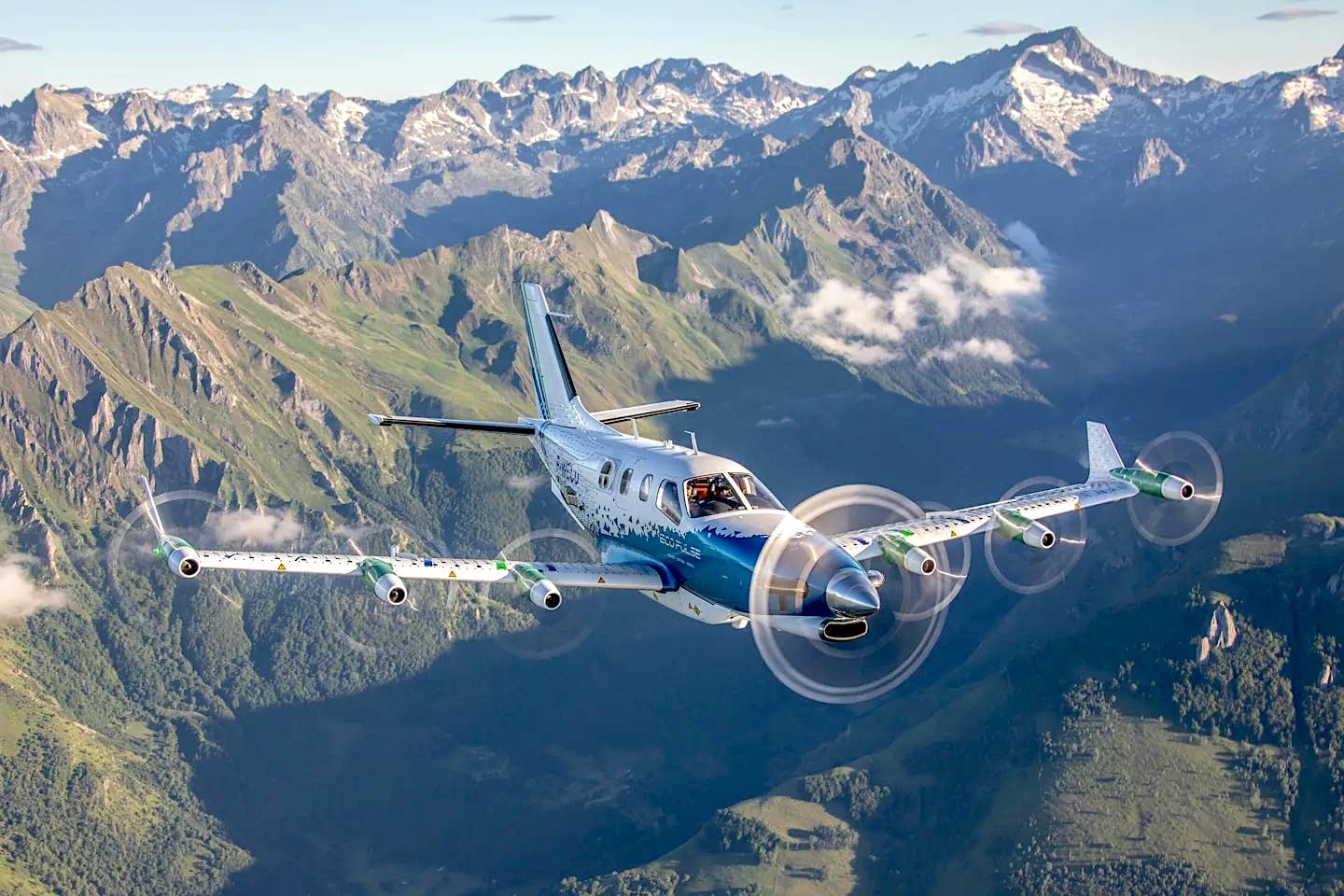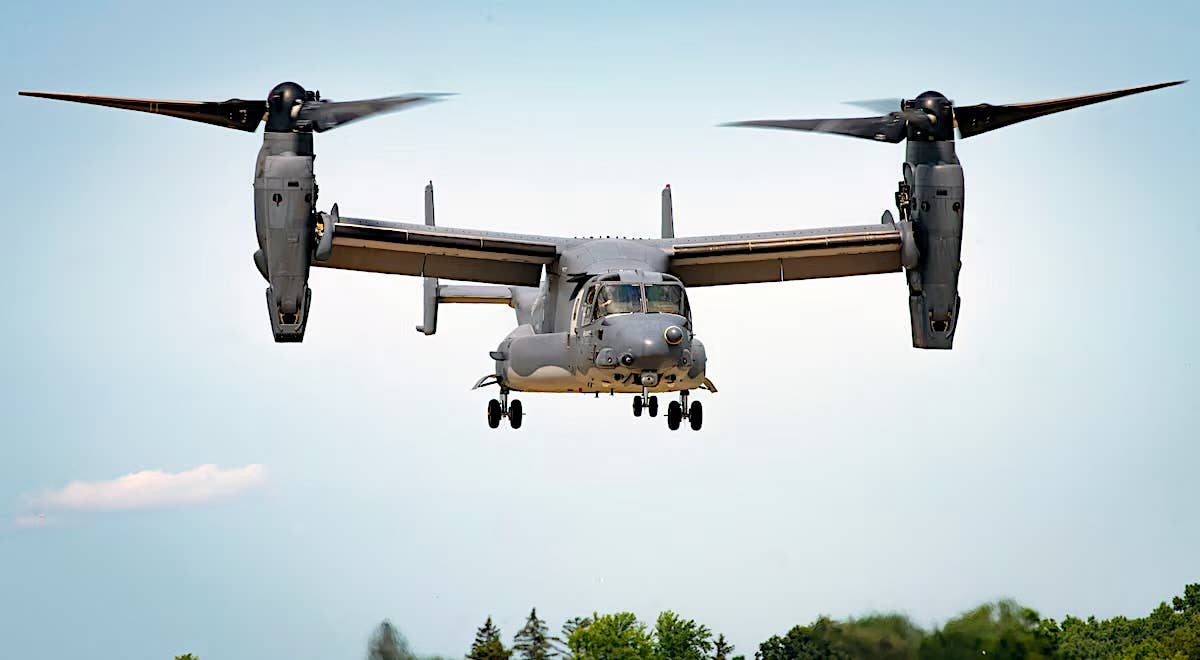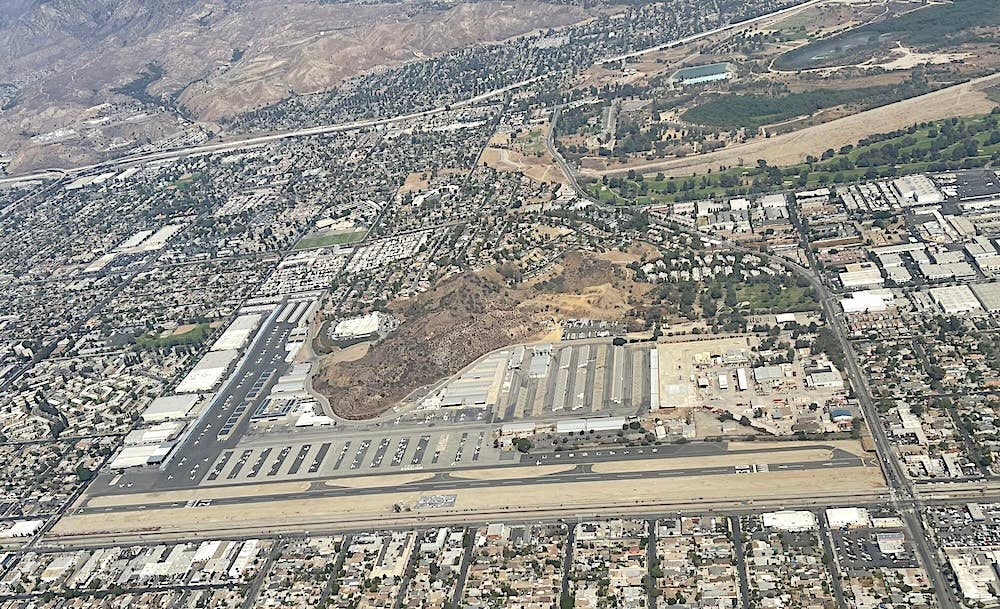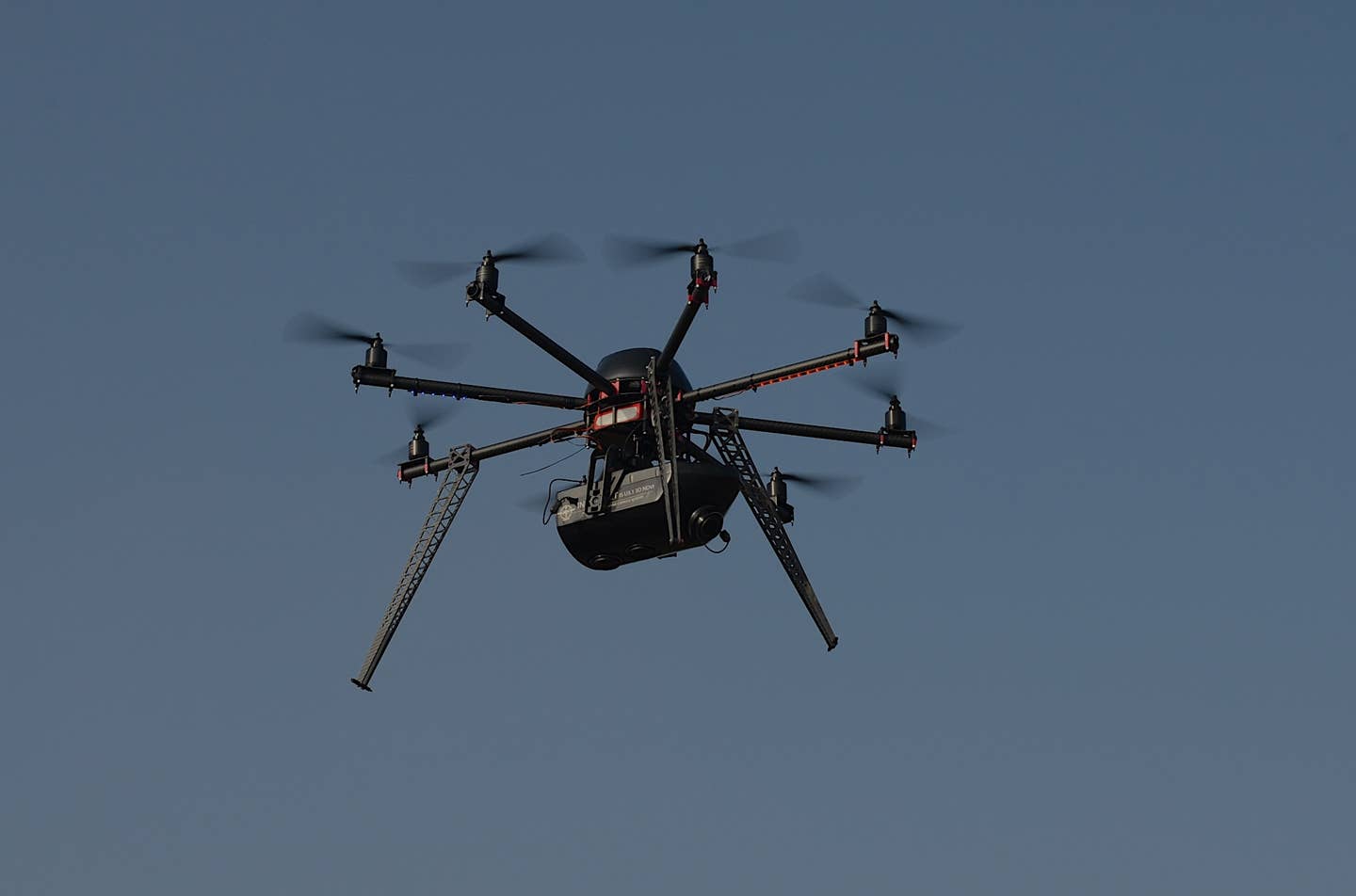American Pilots See Spike In Maintenance Issues
While all the attention seems to have been on United Airlines, American pilots say they, too, are seeing a lot more maintenance issues since the airline reduced routine inspections. The…

Curimedia/Wikipedia Commons
While all the attention seems to have been on United Airlines, American pilots say they, too, are seeing a lot more maintenance issues since the airline reduced routine inspections. The Allied Pilots Association sent an email to its members over the weekend saying it has been "tracking a significant spike in safety- and maintenance-related problems in our operation” and asked them to report anything they've noticed. “We all understand that aviation accidents are the result of a chain of events—often a series of errors—and catching just one of those errors could prevent a tragedy,” the union said in the email.
The union said American has reduced the frequency of routine inspections and it's also cut back on overnight maintenance checks. Rather than giving idle aircraft a routine once-over, maintenance staff only respond to squawks. It also said the airline now does "abbreviated" flight tests after major maintenance or a long period of storage. Union spokesman Dennis Tajer said he's been talking to American executives about the pilots' concerns and they seem to be listening. "We fully intend to do everything we can to assure that American maintains strong margins of safety,” he told the Dallas NBC affiliate.






